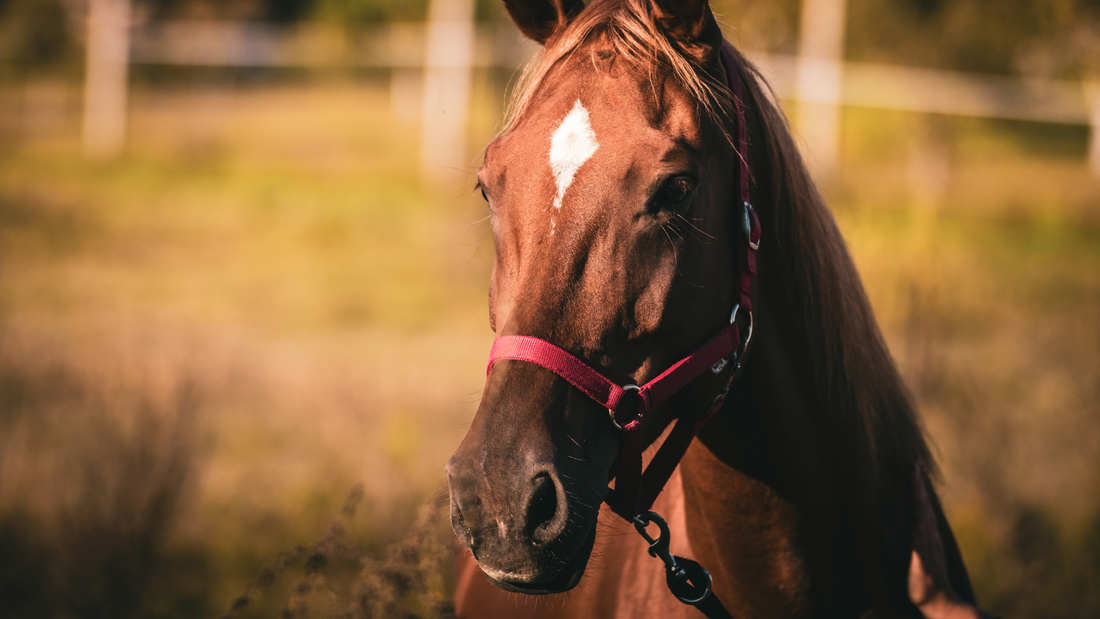
Cold Weather and Colic
Share
Understanding Colic in Cold Weather
Colic refers to abdominal pain in horses, which can range from mild discomfort to serious, life-threatening conditions like intestinal blockages. In South Africa, a noticeable increase in colic cases is often observed during the colder months. This trend is largely due to changes in horse care routines that accompany cold weather—such as diet adjustments, decreased water intake, and reduced movement.
Why Colic is More Common in Winter
-
Reduced Water Intake
During colder weather, horses tend to drink less water, which increases the risk of dehydration. This can contribute to impaction colic, where dry feed accumulates and obstructs the intestines. -
Changes in Feeding Habits
The shift from lush pasture to dry grass reduces moisture content in the diet. Combined with lower water intake, this can slow gut movement and lead to blockages. -
Decreased Movement
Cold temperatures and wet or muddy paddocks can result in less turnout time. Less physical activity means reduced gut motility, increasing colic risk. -
Sudden Weather Changes
Fluctuating temperatures and barometric pressure can affect gut function and stress levels. Sensitive horses may respond to these changes with colic-like symptoms.
How to Reduce Winter Colic Risk
-
Encourage Hydration
-
Provide fresh, clean water at all times. Break ice in troughs and check buckets regularly.
-
Offer lukewarm water to encourage drinking.
-
Add salt or electrolytes (as approved by your vet) to feed or water, or feed soaked hay or bran mashes.
-
-
Support Digestive Health
-
Feed a consistent diet with gradual changes.
-
Ensure good-quality roughage is always available.
-
Use digestive supplements or probiotics after consulting your veterinarian.
-
-
Promote Movement
-
Maximise turnout even during cold weather.
-
Encourage light exercise, even if it's hand walking or turnout in a smaller paddock.
-
-
Monitor Closely
-
Check droppings daily—look for dry, hard manure or a drop in frequency.
-
Watch for early signs of discomfort: pawing, rolling, flank watching, or lack of interest in food.
-
When to Call the Vet
If you notice repeated discomfort, no manure passage, off-feed behaviour, or signs of pain, call your vet immediately. Early intervention can be life-saving.
Cold Weather Doesn’t Have to Mean Colic
By being proactive with your horse’s winter care in South Africa—maintaining hydration, steady diet, and movement—you can significantly reduce colic risk. Prevention is always better than emergency treatment.
References:
-
Cohen, N. D., & Roussel, A. J. (2003). Colic in horses: a review of causes and pathophysiology. Journal of Equine Veterinary Science.
-
Carter, R. A., Geor, R. J., et al. (2009). Voluntary water intake in horses in response to water temperature. Journal of Animal Science.
-
Orsini, J. A. & Divers, T. J. (2013). Equine Emergencies: Treatment and Procedures. Saunders Elsevier.
-
van den Berg, A. (2021). Winter horse care and colic risk in South Africa. Equine Health Journal (SA Edition).
Disclaimer: This article provides general information only. For diagnosis and treatment, always consult your veterinarian.
